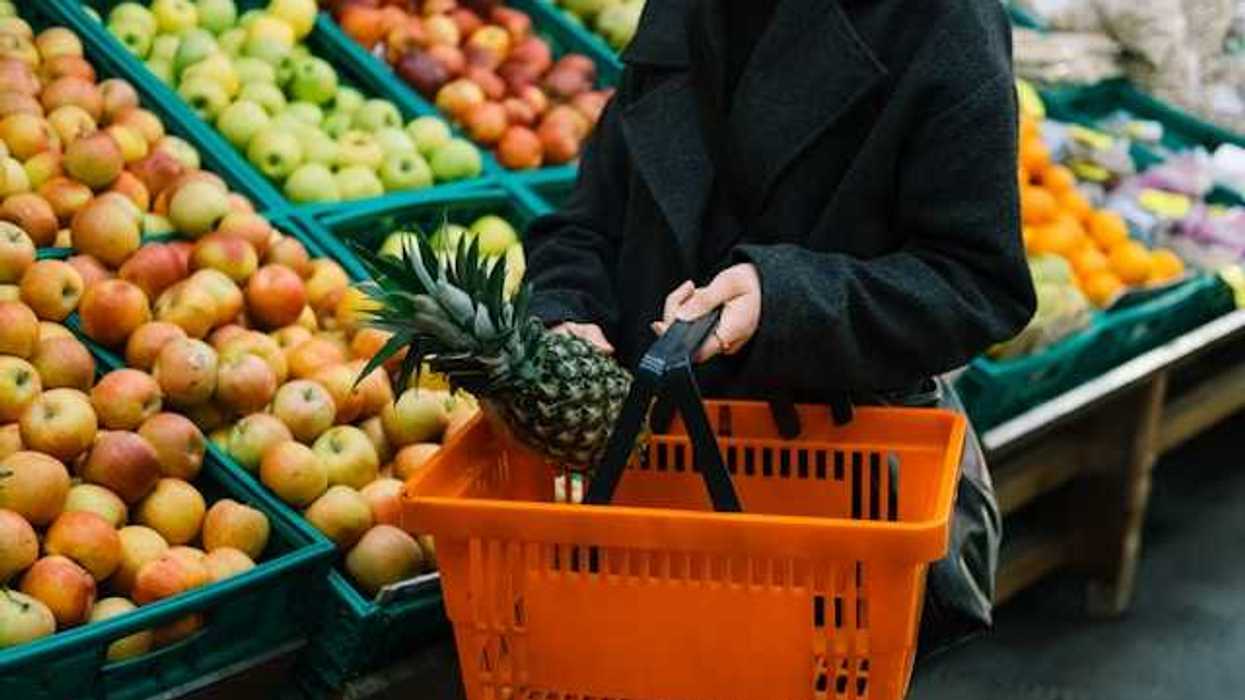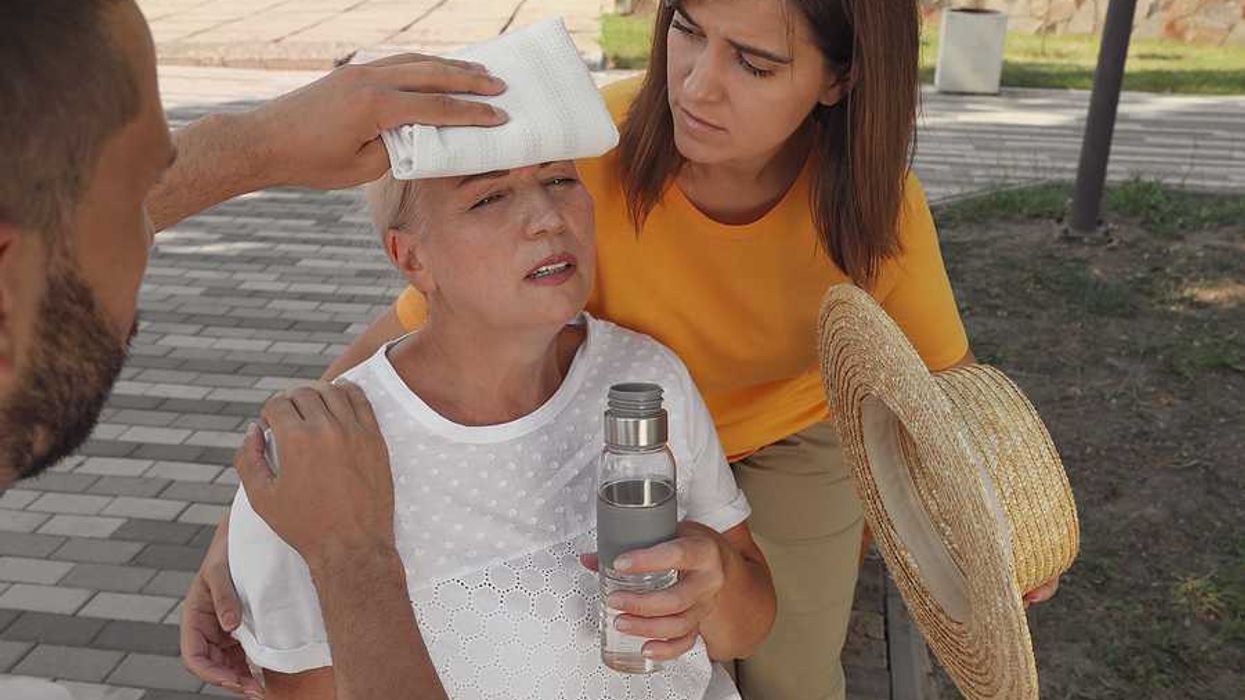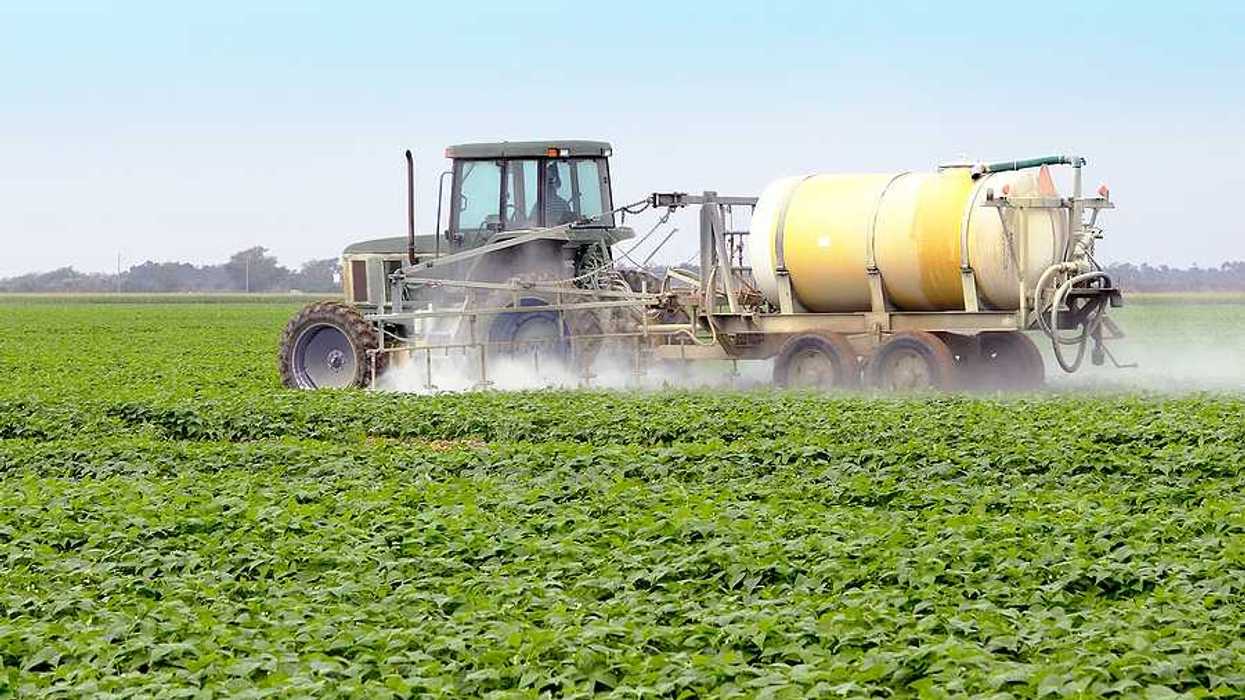Farmers and groundskeepers in Ireland are encouraged to explore pesticide alternatives to protect public water sources.
Joe Mag Raollaigh reports for RTE.
In short:
- Uisce Éireann reported 52 incidents of pesticide levels surpassing EU standards in drinking water in 2023, marking a 50% reduction since 2018.
- The National Pesticide and Drinking Water Action Group advocates for minimized pesticide use and exploration of non-chemical alternatives.
- Success in areas like Newport and Clonroche contrasts with ongoing challenges in places like Belturbet and the Foynes Shannon Estuary.
Key quote:
"In public drinking water supplies, exceedances for pesticides were detected 52 times nationally in 2023."
— Dr. Pat O'Sullivan, Uisce Éireann's drinking water compliance senior manager
Why this matters:
Pesticide exceedances in water reflect potential overuse, impacting environmental health and requiring vigilant management. As the runoff from agricultural and landscaping pesticides seeps into rivers, lakes, and groundwater, the contamination not only poses a risk to aquatic life but also to human health, disrupting ecosystems and potentially entering our drinking water supply.
Cities and counties are increasingly banning toxic pesticides. But industry attempts to buck local efforts remain a significant hurdle.














